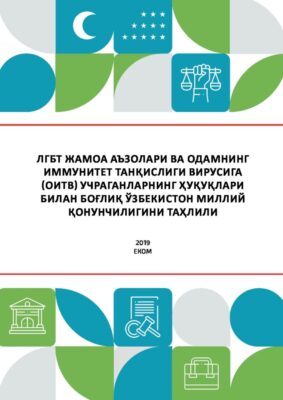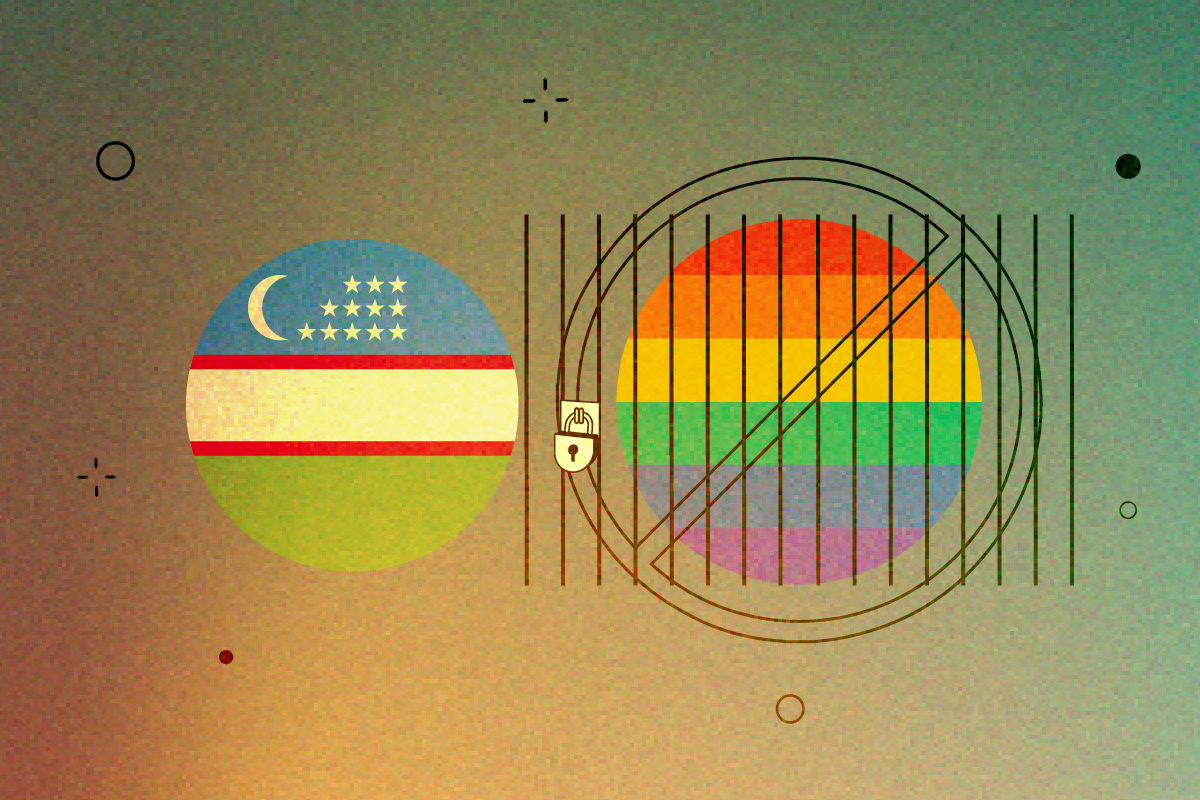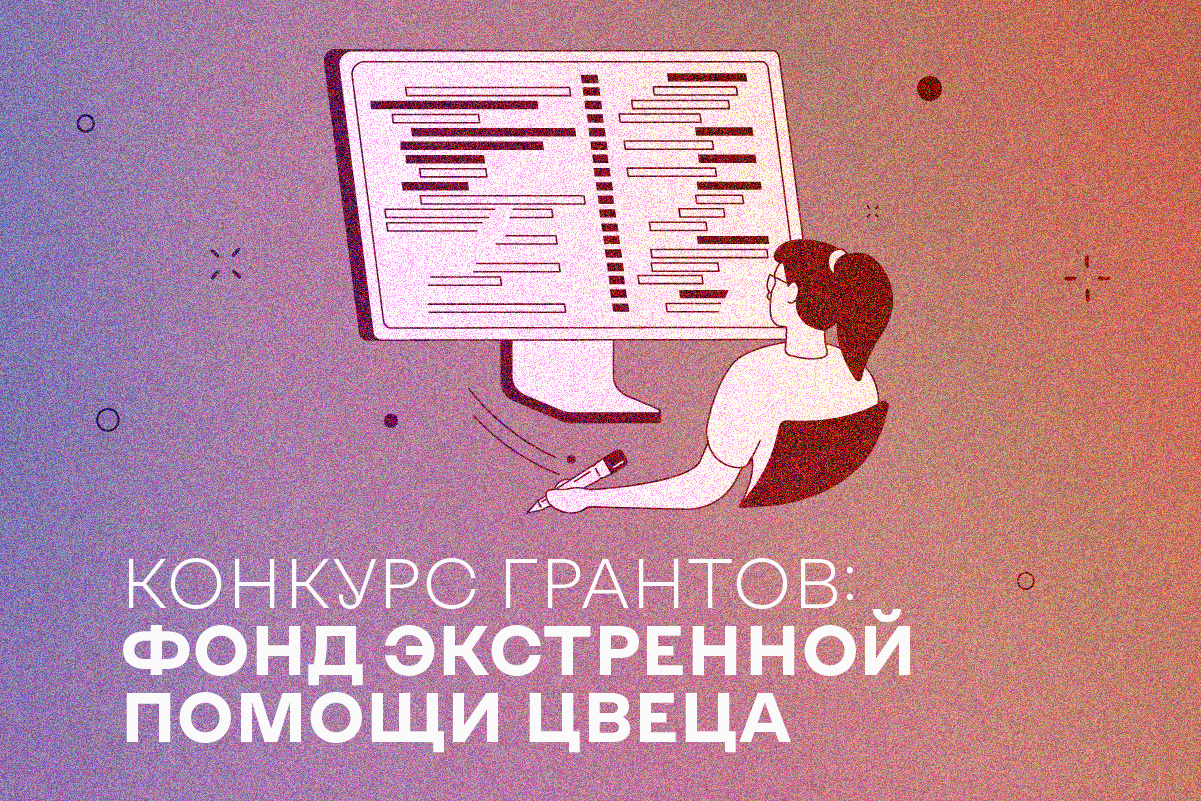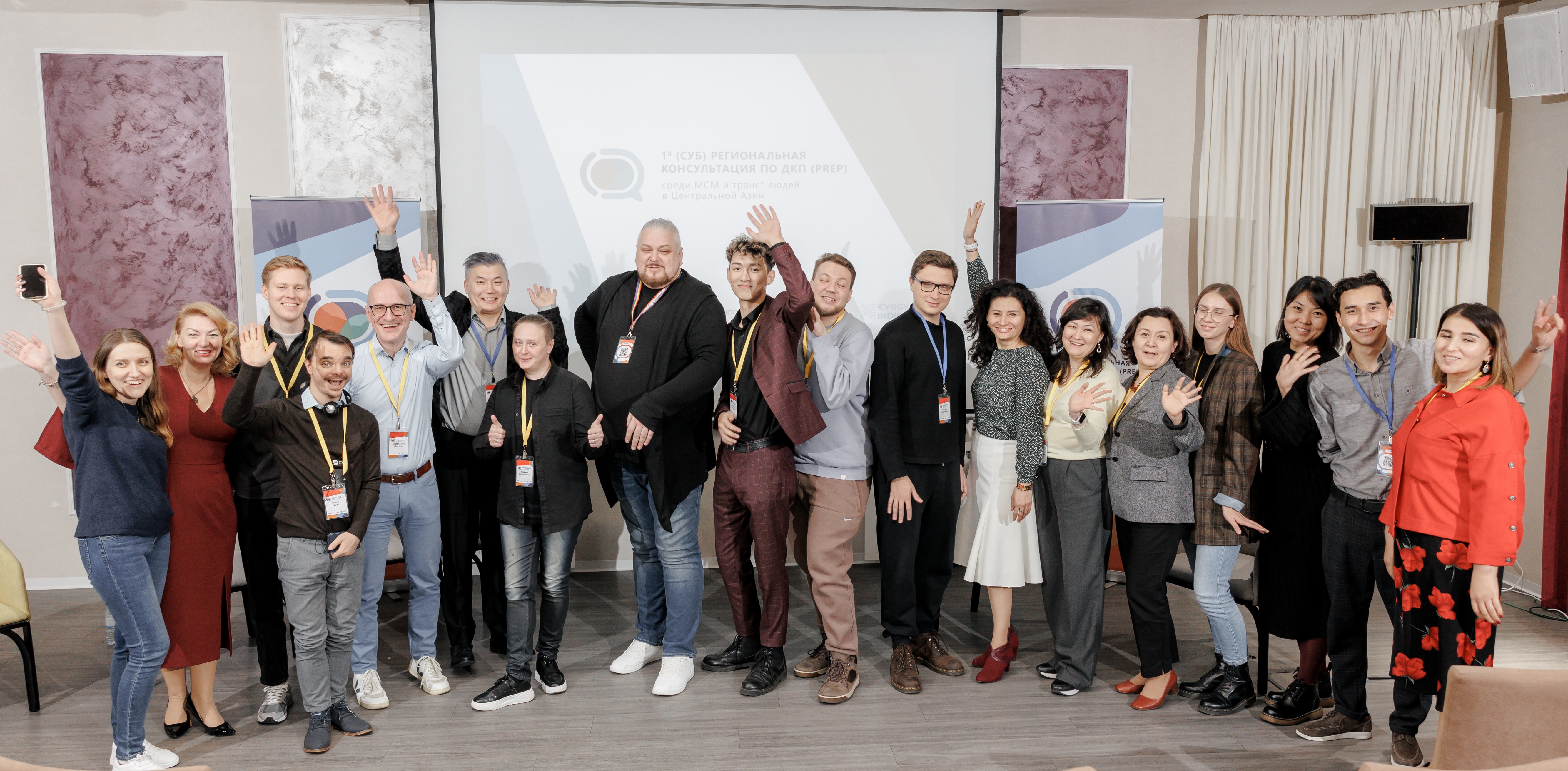
ECOM continues its analysis of national legislation related to the rights of LGBT people and HIV in the countries of Eastern Europe and Central Asia.
In 2020, the main focus was on analyzing the legislation of Kazakhstan, Kyrgyzstan and Tajikistan. In addition, the 2019 studies on Azerbaijan, Turkmenistan, and Uzbekistan were translated into national languages.
Today, we are pleased to present the analysis of national legislation in the Republic of Uzbekistan.
The analysis contains information about barriers that prevent people living with HIV, gay and other men who have sex with men, as well as trans* people, from realizing their rights in various areas of life.
When analyzing legal practices, judicial practice and government statistics were taken into account, as well as reports of activists, information and statistics from organizations involved in documenting and protecting from human rights violations, press reports, and the reports of non-governmental organizations to international legal bodies.
Both legislation and law enforcement practices were analyzed to determine their compliance with international and European standards. The recommendations received by Uzbekistan as part of international monitoring mechanisms, and their implementation by the country’s government, were also analyzed.
Key points:
- There is no data on the spread of HIV among LGBT people. According to semi-official data, the prevalence of HIV among MSM in 2011 was 0.7%. But, by order of the Ministry of Health of the Republic of Uzbekistan from 2012, MSM are not included as a risk group.
- The Constitution of the Republic of Uzbekistan does not directly prohibit discrimination on the basis of health status.
- In Uzbekistan, there is direct discrimination against people living with HIV. They are required to disclose information about their sexual partners to state services in accordance with Article 57 of the CoAO, which prohibits concealing the source of infection.
- Obligatory HIV testing is required for persons under the age of 50 when marrying. On the basis of Article 49 of the Family Code, a marriage can be declared invalid if one of the persons entering into the marriage concealed the fact that they have HIV.
- The legislation of the Republic of Uzbekistan does not restrict the entry into or the exit from the country of PLH.
- Article 113 (Part 4) of the Criminal Code establishes liability for the transmission of a sexually transmitted disease or HIV.
- There is no direct ban on blood donation by MSM.
- The legislation of Uzbekistan does not recognize transgender people; there are no clear and transparent procedures for sex reassignment; and there is no prohibition on discrimination against trans* people. Moreover, there is no definition of gender as such in any laws.
- Uzbekistan remains a country where homosexual relationships are criminalized.
- The topic of LGBT people is taboo in official media.
- Uzbek legislation does not provide a definition of hate crimes.
- The Family Code of Uzbekistan does not establish a gender framework for people entering into a marriage.






Комментарии
Пока никто не оставил комментарий